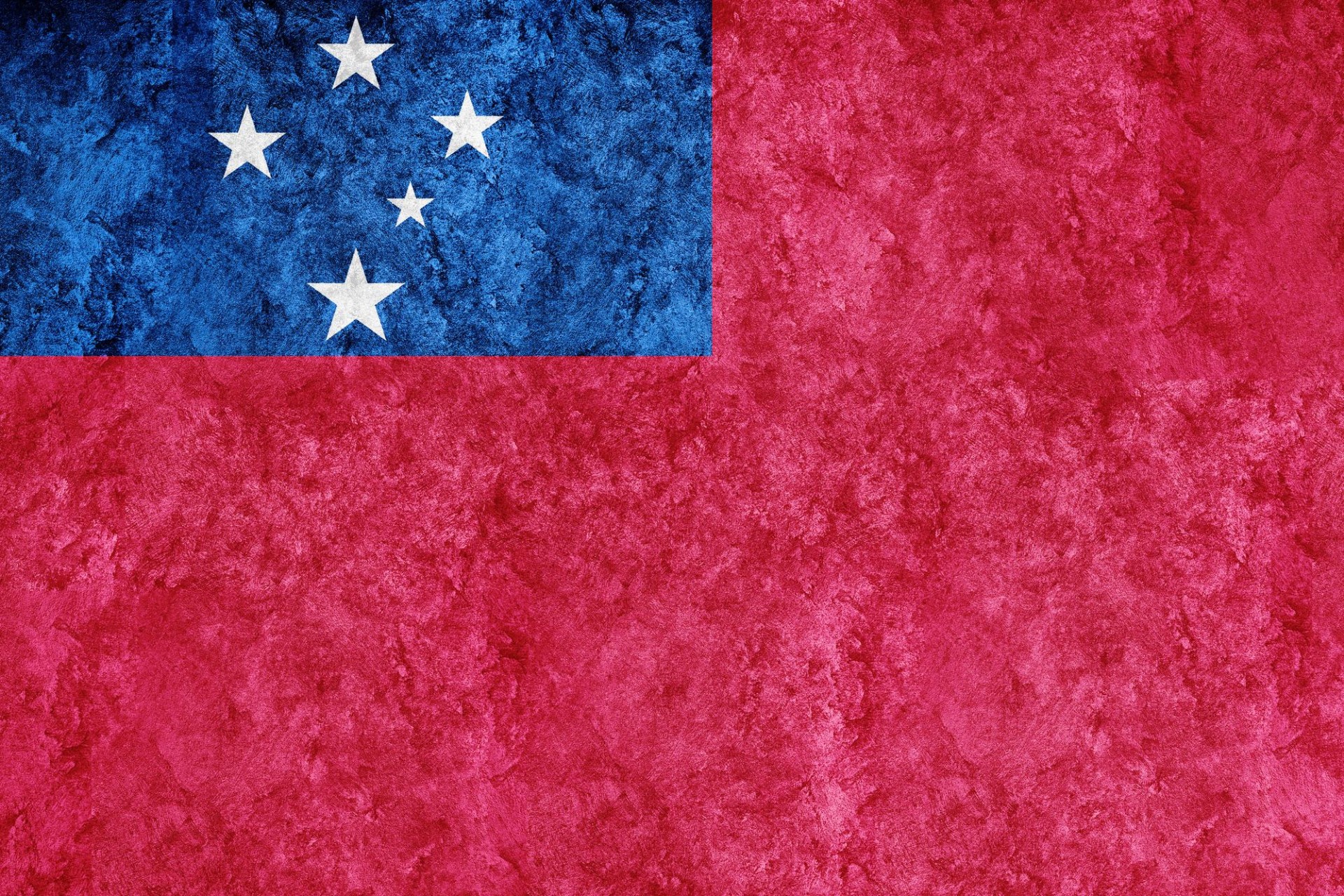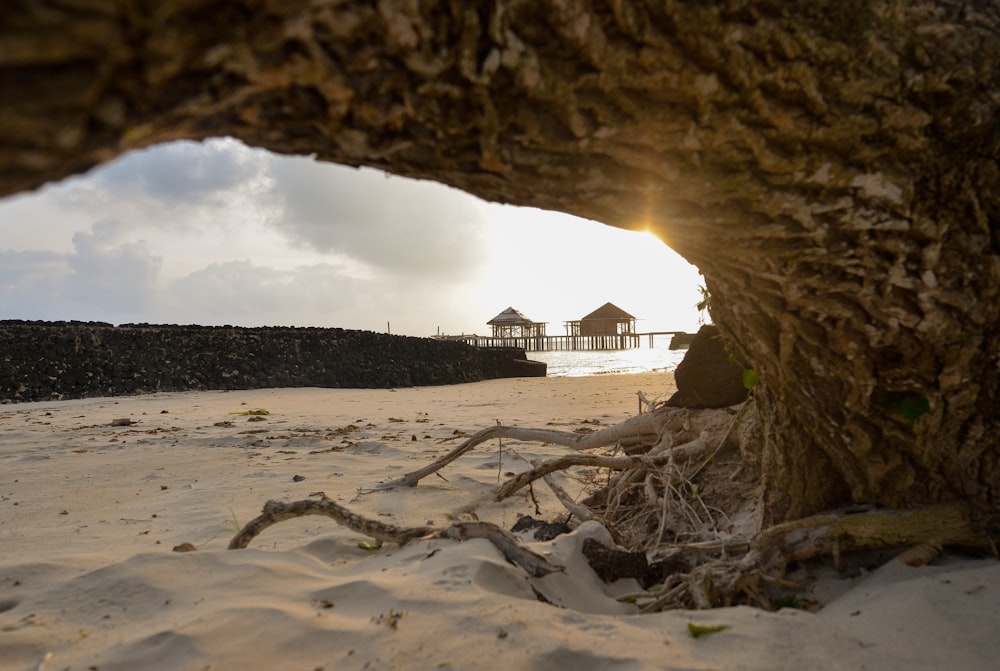
Samoa has four inhabited islands: Upolu, Savaii, Manono, and Apolima, as well as other uninhabited islets. Samoans make up more than 90% of the population of Samoa. The population of Samoa is less than 200,000 people, and while most people speak in their tongue, English is widely understood. This is a Pacific Island nation where travel is relatively simple and convenient.
The 1962 Constitution of Samoa, as amended; the Citizenship Act 2004, and its modifications; the Citizenship Investment Act 2015; and international agreements signed by the Samoan government control Samoan nationality law. These laws define who is a Samoan national or who is qualified to become one. Nationality, or formal legal membership in a nation, differs from citizenship, which is a domestic connection of rights and obligations between a national and the nation.
Samoan nationality is normally acquired by either the principle of jus soli, i.e. birth in Samoa, or the rules of jus sanguinis, i.e. birth abroad to Samoan parents. It can be given to people who have lived in the country for a certain amount of time, who have contributed to its development, or who have a naturalized connection to the country. Here, nationality can be obtained at birth or later in life through naturalization.
By Birth
The term “nationality by birthright” refers to:
- Persons born in Samoa to at least one Samoan national parent;
- Persons who were born abroad to at least one native-born Samoan parent or grandparent.
Persons born outside of Samoa to at least one parent or grandparent who was a Samoan national and who was born outside of the country but had lived in the country for three years at the time of the child’s birth.
By Naturalization
In Samoa, regular naturalization is obtained by submitting an application to the Minister in charge of immigration administration. Applicants must show that they are of excellent moral character, that they are conversant with Samoan civics, that they want to dwell there, and that they have lived in the territory for at least five years.
For economic development or sporting achievement, a unique naturalization process is permitted for those who have rendered distinguished service to the public or nation. A minimum net worth of $2.5 million to (equal to $1,000,000 USD in 2020) and a $4 million to (equivalent to $1,400,000 USD in 2020) investment are required to participate in the program.
It also necessitates a three-year established residency and a fifteen-day annual physical presence in Samoa. Naturalization is also available to the following people:
- A Cabinet member or Minister may award nationality to someone born in Samoa (or on a Samoan ship) who is deemed stateless;
- Adoptees;
- Spouses of Samoans who have been married for five years and have lived in the territory; or
- Individuals (including their family members) who have made a major financial contribution to the country’s development.
Nationals of Samoa may abandon their citizenship if they have reached the age of majority, are of legal age, and have acquired another nationality. Denaturalization may occur if a person got nationality through fraud, false representation, or concealment; if they performed disloyal or treasonous acts; or if a naturalized Samoan has obtained residence outside of the country. Denaturalisation can occur if a person who has earned nationality by investment fails to make the needed investment or maintain the required net worth.

